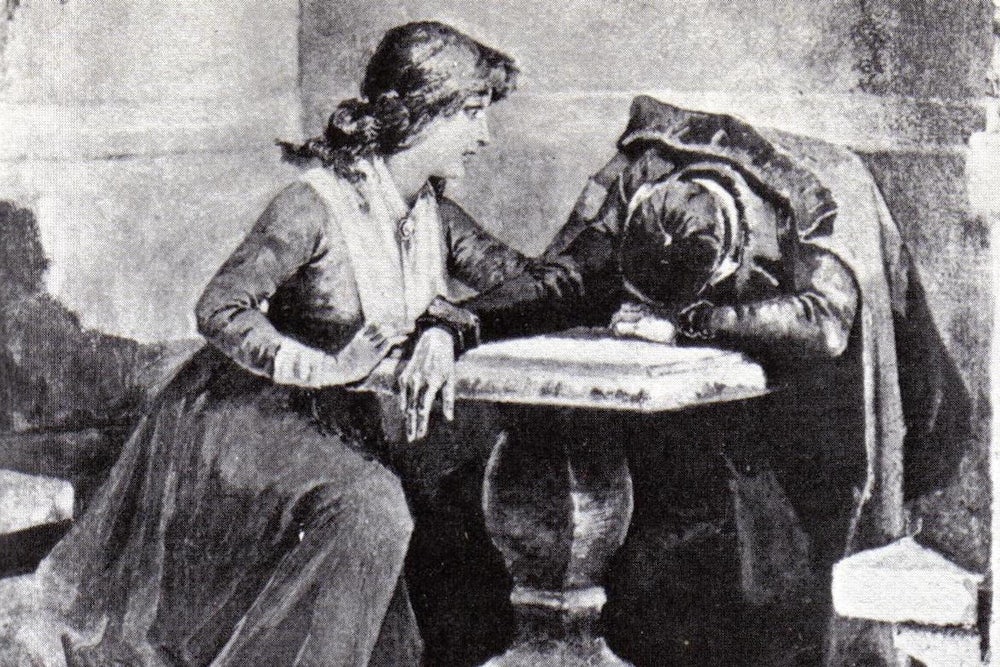For the last few years, it’s been hard to escape essays expressing rapt admiration for George Eliot’s doorstopper novel, which has topped a BBC poll, voted for by critics, of the 100 best British novels. In 2014, New Yorker writer Rebecca Mead devoted a whole book, My Life in Middlemarch, to her love affair with the novel, which in turn sparked an explosion of heartfelt endorsements by Kathryn Schulz, Adelle Waldman, Martin Amis, and A. S. Byatt.
But Middlemarch’s power as a signifier of high literary taste doesn’t extend far beyond media circles. In 2012, the Middle Class Handbook website declared Middlemarch the “death knell for a book club.” And if you look at the results of the BBC’s top 100 books, voted for by readers, Middlemarch comes in at number 27, with Lord of the Rings in the top spot and Pride and Prejudice taking a respectable second place.
We have only Joyce Carol Oates to remind us that our sense of Middlemarch’s importance is inflated: “Does George Eliot, wonderful as she is, and certainly comforting in the unwavering sanity of her narrating voice, stir us to an awareness of the actual world with any of the authority of Franz Kafka?” Oates asks, “Are not the radically experimental novels of Virginia Woolf more exciting, simply as aesthetic experiences?”
Let’s be sensible: “Eliot is a novelist to place not above but among these.”
